Comments and Issues
NSC: Alienation of South-East is not justifiable
Published
10 years agoon
By
Olu Emmanuel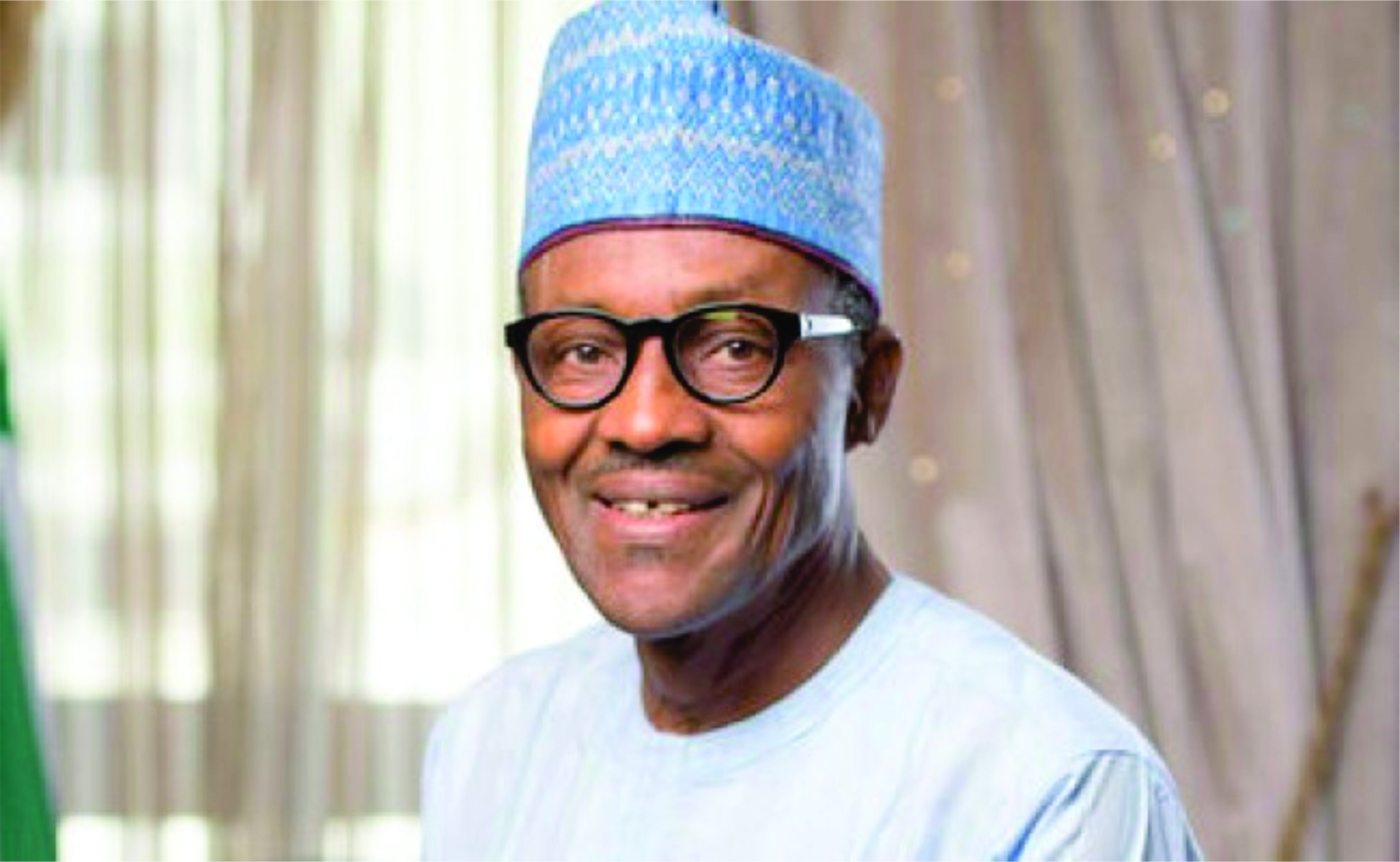
PRESIDENT Muhammadu Buhari is just in his 100 days in office as the president of the Federal Republic of Nigeria but he has so far made major appointments that have generated a ground swell of criticism of alienation of the Igbo speaking South East of Nigeria.
Constitutionally, these appointments and the exclusion of the South East implies that nearly 45 million Nigerians of Igbo extraction in South East of Nigeria won’t be represented in the nation’s highest defense policy making body The National Security Council. Article 25 of the 3rd schedule in part one of the constitution say as follows;
The National Security Council shall comprise the following members The president who shall be the Chairman; The Vice-President who shall be the Deputy Chairman; The Chief of Defence Staff; The Minister of the Government of the Federation charged with the responsibility for internal affairs; The Minister of the Government of the Federation charged with the responsibility for defense; The Minister of the Government of the Federation charged with the responsibility for foreign affairs; The National Security Adviser; The Inspector-General of Police; and Such other persons as the President may in his discretion appoint. The Council shall have power to advise the President on matters relating to public security, including matters relating to any organization or agency established by law for ensuring the security of the federation.
Apart from the implicit discriminatory tone of these appointments which are in violation of section 42(1) of the chapter four of the constitution on the imperative of avoiding discrimination of any ethnic bloc in the formulation of governmental policies, the failure to include the South East in this all important security forum amounts to alienation of the Igbo speaking population current government.
Already most learned minds observing political developments have criticized the Buhari administration for these manifest acts of alienation and outright discrimination against the Igbo of South East of Nigeria.
These groundswell of criticisms against President Buhari in view of emerging facts that not only that the Igbo speaking nationality has started suffering systematic marginalization under his watch in terms of strategic appointments also in key economic positions the South East has been left in the lurch even as one of the most vociferous supporters of Buhari Governor Adams Oshiomhole recently admonished the South East to look for projects and not appointments. Oshiomhole alongside his ilk forgot that the fundamentals of policy-making influences are facilitated by key occupants of strategic positions in the various power configurations and political layers of authority in Nigeria.
When people pontificate against respect for the constitutional principle of Federal Character representations in the allocation of political offices and decide to hide under the deceptive canopy of merit and competence, they conveniently remain in denial of the fundamental reality that Federal Character principle accommodates competence and merit. It prevents a scenario in which person’s from the segment of the society that produced the president would be picked to man strategic posts in government to the total exclusion of other component parts. Federal Character principle allows for equitable distribution of political offices and safeguards the nation from nepotism and tribalism.
Let Buhari stop creating impression that his government is a government for the Northern Nigeria and by Northern Nigerians. This is not too much a task for him to undertake since he is not the SARDAUNA OF NORTHERN NIGERIA but the President of the Federal Republic of Nigeria.
ALSO SEE: Pro-Buhari senator snobs Saraki’s committee investigating unethical statements
In the book “Public Policy: Formulation, Implementation and Evaluation” written by RK Sapru the aforementioned point I highlighted on Policy influences vis- a vis top public office holders and their proximity to sources of power largely determines the equitable redistribution of national wealth and sitting of projects of significant economic values.
He wrote thus: “Official policy-makers are those who occupy the formal offices prescribed by the political community as authoritative. They are members of the legislature, local councilors, ministers, senior officials and judges”.
This public policy expert wrote further that: “Since governments at the national level are formed usually by the leaders of the political party with the majority of seats in the legislature, it is important to understand how the parliamentary leadership is likely to behave. In the actual process of government, it is widely recognized that parliament is dominated by the executive in policy-making. Its supremacy is said to be real only in a legalistic sense. The executive, and the power within it, especially of the cabinet, is of critical value to the policy-making function of the government.”
My position on the necessity of including Representatives of all affiliations in top government offices, the writer of the book cited above affirmed thus: “The bureaucracy’s political and policy-making roles have been investigated. The judiciary is also considered an important element in the policy process.
• Comrade Emmanuel Onwubiko is Head of Human rights Writers association of Nigeria and blogs via www.huriwa.blogspot.com, www.rightsassociationngr.com
You may like
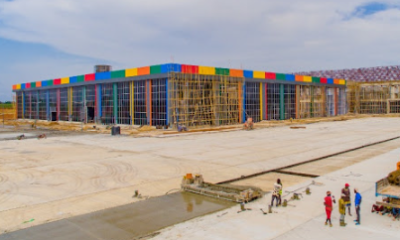

Flight operations at Ebonyi’s Chuba Okadigbo Airport set to begin in November
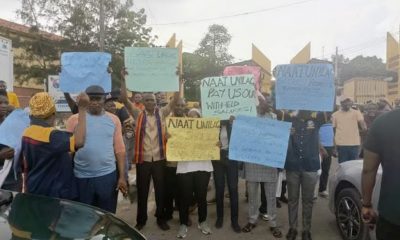

SSANU, NASU members block UNILAG gate over withheld salaries
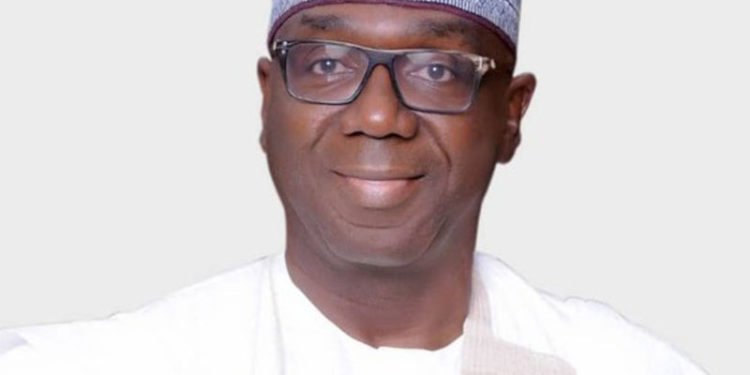

AbdulRazaq congratulates Ndigbo, reassures inclusive governance


Release Kanu to restore peace, security in South-East – Ohaneze
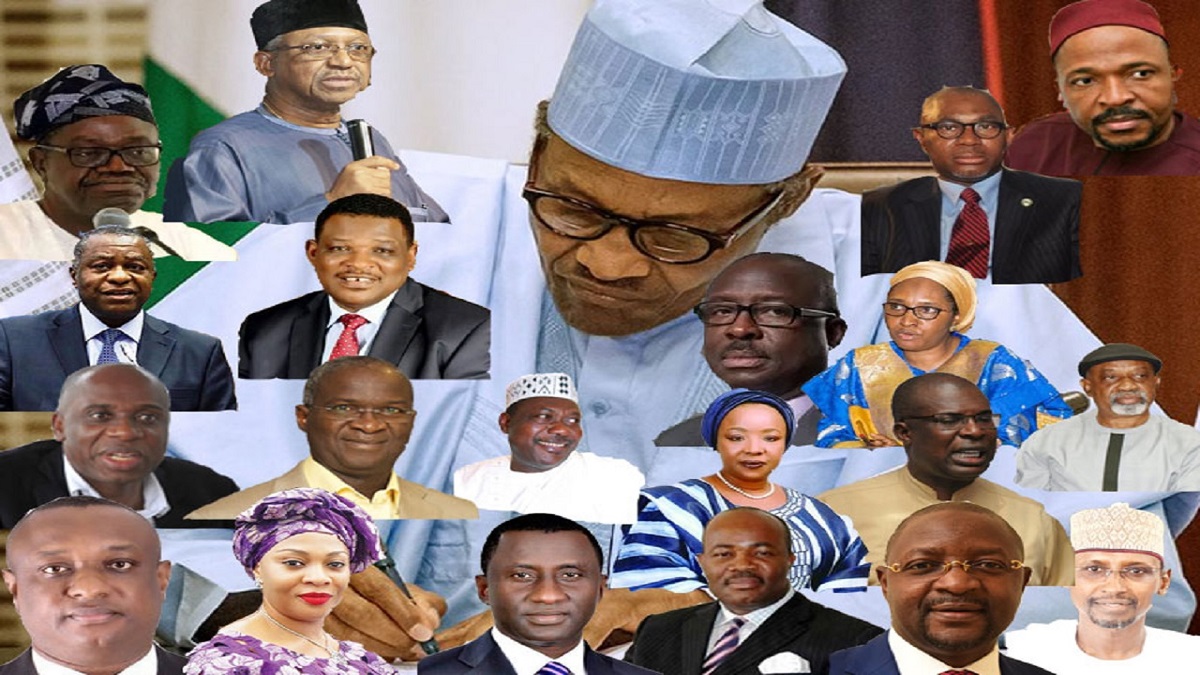

The costly impotence of Buhari’s presidency
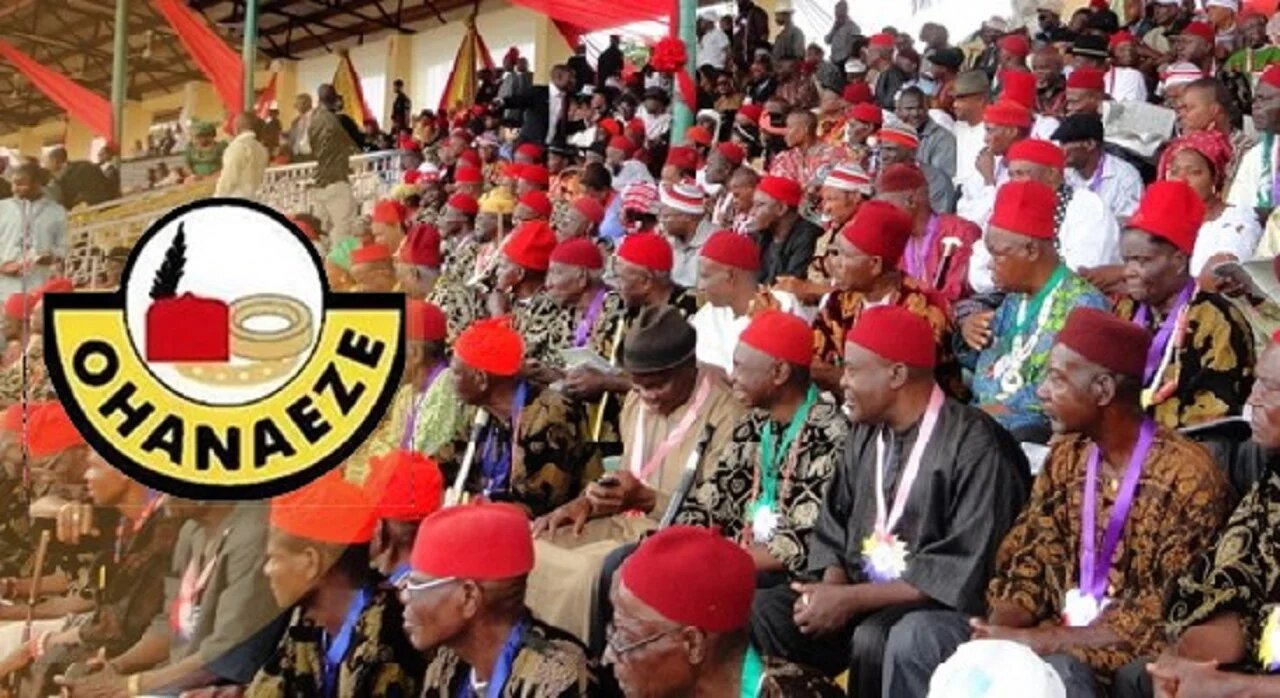

2023 elections: Ohaneze insists on zoning presidency to South East
Trending

 Health5 days ago
Health5 days agoDeclassified CIA memo explored concealing mind-control drugs in vaccines

 Entertainment7 days ago
Entertainment7 days agoSimi addresses resurfaced 2012 tweets amid online backlash

 Crime6 days ago
Crime6 days agoSenior police officers faces retirement after Disu’s appointment as acting IGP

 Education1 week ago
Education1 week agoPeter Obi urges JAMB to address registration challenges ahead of exams

 Health1 week ago
Health1 week agoNAFDAC issues alert on suspected revalidated SMA Gold infant formula

 Comments and Issues6 days ago
Comments and Issues6 days ago20 Critical Fixes to Save Nigeria’s Democracy from Electoral Fraud

 Football7 days ago
Football7 days agoMartínez ruled out of Everton clash with calf injury

 Latest6 days ago
Latest6 days agoICPC yet to respond to El-Rufai’s bail request as arraignment date looms

